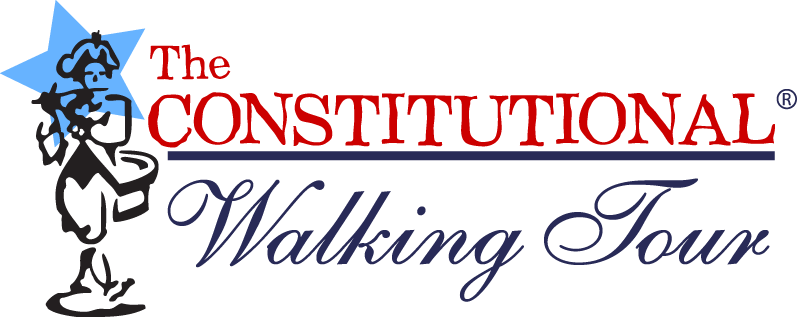Related Posts
- Buy Tickets for The Constitutional Walking Tour of Philadelphia – See 20+ Sites on a Primary Overview of Independence Park, including the Liberty Bell and Independence Hall
- Independence Hall History
- America's Founding Fathers
- Caesar Rodney - One of America's Founding Fathers
- Philip Livingston - One of America's Founding Fathers
- Thomas McKean - One of America's Founding Fathers
- John Dickinson - One of America's Founding Fathers
- William Samuel Johnson - One of America's Founding Fathers
- Samuel Adams - One of America's Founding Fathers
- Patrick Henry - One of America's Founding Fathers
On This Day in History, November 1, 1765, The Stamp Act goes into Effect in the American Colonies.

The Stamp Tax was a highly controversial tax levied by English Parliament in 1765 which united many colonists against Great Britain and was one of the major tensions that eventually built up to the American Revolutionary War. Within Parliament it had long been held as a matter of fact that Parliament had the authority to tax colonists in America. While colonists did not have any representation in Parliament, many in England did not view this as a problem. Even in England restrictions on voting based on property ownership and other restrictions meant that the vast majority of the people did not hold the right to vote. But even without direct representation, it was believed that due to the fact that English citizens had a great deal of shared interests, even those without a vote were virtually represented by those around them who could vote. They foresaw that the Stamp Act would be unpopular, but previous attempts to foster unity among the colonies had been unsuccessful, and Parliament did not believe the colonists would be able to unite and organize in a way that would have any meaningful impact on their ability to collect this tax. The Stamp Act passed through Parliament on March 22, 1765 and set the date for the Tax to go into effect on November 1, 1765.
Parliament however underestimated how widespread protests against the act would be in the colonies. Colonists refuted Parliament's arguments regarding "virtual representation," arguing that because they lived halfway across the world, there was not enough shared interests between colonists and those who had a hand in choosing their representation back in England. Further, in America, the colonies had already established their own governments that already collected taxes in order to operate, a situation that was unlike anything that anyone in England would experience. Those charged by the British Government to enforce the new Tax were threatened and were even burned in effigy.
The colonists also began to plan a meeting so they could respond with a strong unified voice. The Stamp Act Congress met in New York City in October of 1765 right before the Stamp Act was to go into effect and as protests in America were growing ever more intense. Efforts to unite all colonists were unsuccessful, but delegates from nine of the American colonies did come together, an unprecedented meeting in American history up to that point. Six of the nine delegations also signed the Declaration of Rights and Grievances which was meant to explain their objections to the Stamp Tax to King George III and Parliament.
Among those who met at the Stamp Act Congress included many who would become key figures in the founding of the United States of America. Caesar Rodney, Philip Livingston, and Thomas McKean were among those in attendance who would declare their Independnece from England eleven years later in Philadelphia's Independence Hall. John Dickenson and William Johnson were among the attendees and would go on to sign the United States Constitution, also at Independence Hall. Other American Founding Fathers such as Samuel Adams and Patrick Henry were not present in New York City but were leaders of the protests against the Stamp Act in their home colonies of Massachusetts and Virginia respectively.
American Colonists were so effective in organizing boycotts on taxed goods and frightening the British agents who were charged to enforce the Stamp Act, that when the Stamp Act went into effect on November 1, 1765, virtually no taxes were collected. Back in England, Parliament was faced with the reality of how difficult collecting this tax would be while also withstanding protests at home, as merchants and manufactures who dealt with the colonies were outraged by the boycotts that Parliament's Stamp Act had caused. Maintaining the Stamp Act became politically unfeasible at home, and enforcement was seemingly impossible in the American Colonies and thus Parliament repealed the Stamp Act March 18, 1766. But still, even after the repeal of the Stamp Act, Parliament also passed the Declaratory Act on the very same day, which made it clear that while Parliament had decided to repeal the Stamp Act, they maintained they had the absolute authority to tax the colonies. This stance by Parliament would set the stage for future clashes.




